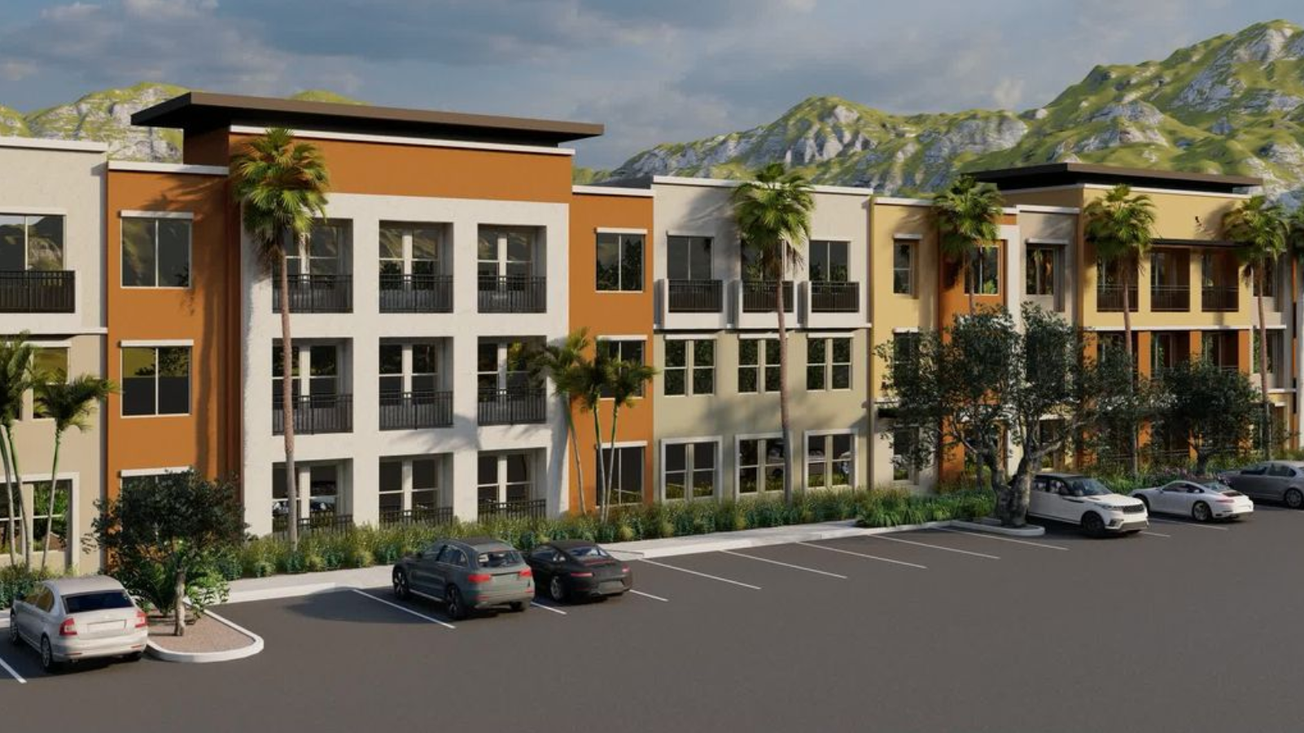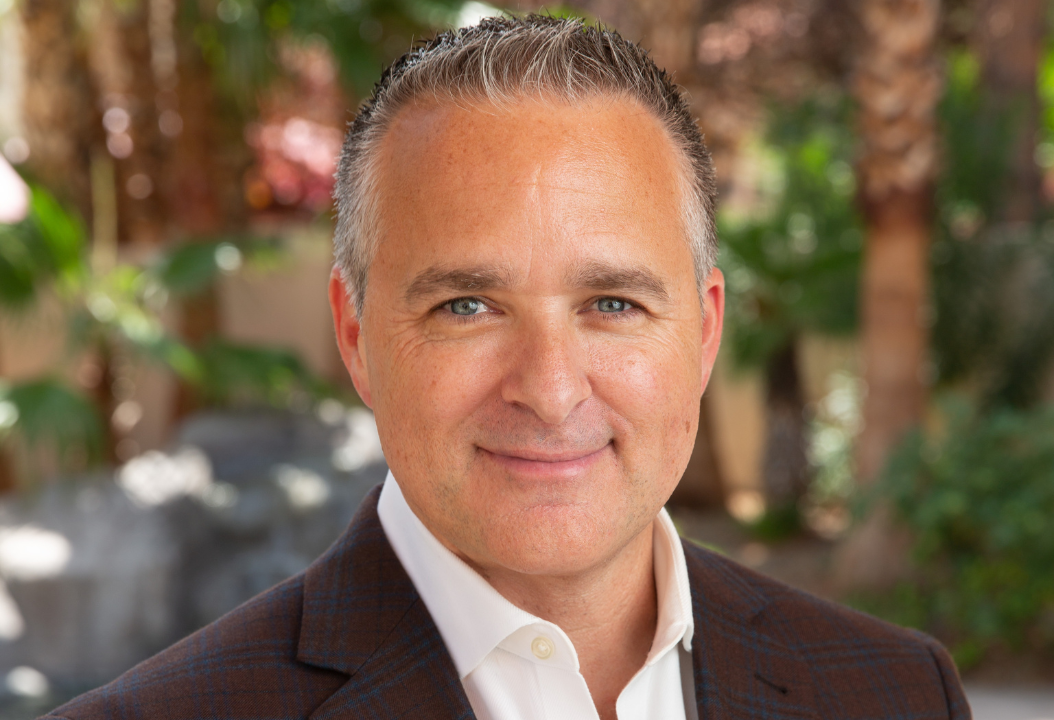Emily Osterberg is the Director of Government Affairs for the Henderson Chamber of Commerce. She oversees the Chamber’s federal, state, and local advocacy efforts, monitors policy that affects the business community, and continues to grow HCC’s Government Affairs program to help businesses throughout the Henderson community and beyond. In this interview, she talked about the 2023 Nevada legislative session and the Chamber's mission and priority during this session.
1) Which key business legislation(s) or related proposal(s) should employers be aware of during the 2023 Nevada legislative session that might affect them?
With the Federal Trade Commission’s (FTC) new proposal to ban employee noncompete clauses and non-solicitations, we expect to see a similar bill introduced at the state level as well. The HCC, along with other trade organizations, worked in the past with the Attorney General’s office on a bill that significantly changed how noncompete agreements work in Nevada. HCC will continue to work to protect employers’ abilities to issue noncompete agreements to certain employees.
In addition, with a budget surplus we are hoping to see some state departments obtain appropriate staffing and upgrades that are needed in certain areas of the government to help the business community. In particular, the Department of Rehabilitation and Training (DETR) experienced several issues during the pandemic as systems were not able to handle the number of unemployment insurance requests coming in. Updating the SilverFlume website is another problem we’d like to see addressed. We have been in contact with the Secretary of State Cisco Aguilar’s office and even hosted a roundtable to discuss ideas on how SilverFlume can be improved to streamline the licensing process for our members.
2) What are the Henderson Chamber of Commerce’s legislative mission and priority during the 2023 Nevada legislative session and how can chamber members get involved in the legislative process?
The HCC supports a pro-business climate that allows for job growth and economic diversity, which is imperative to our continued economic growth and success. One of our main priorities is to make the Office of Small Business Advocacy a permanent position to provide a bridge between small businesses and the state government. As mentioned previously, we are also prioritizing streamlining the licensing process in the state, through working with the Secretary of State’s office on updating SilverFlume to be a more efficient and reliable tool for the business community, as well as working with the Executive Branch and legislators on other ways to make obtaining a business license in Nevada easier.
There are many ways members can get involved! The easiest way is to read our newsletter and Government Affairs updates to know what HCC is currently doing on behalf of our members. Sometimes we may ask members to reach out to their elected officials or even testify on a bill. Another way would be to attend our events, as many have legislative updates and sometimes even have elected officials or their staff in attendance. And finally, donating to the Issues Mobilization Political Action Committee (IMPAC) is extremely important. We use those funds to endorse and donate to candidates whose views are in line with those of HCC. This past election cycle, IMPAC had a 90% success rate on endorsements, including those of Governor Joe Lombardo and Lieutenant Governor Stavros Anthony. Donating to candidates opens the door for HCC to begin building relationships with elected officials, thus allowing us to help shape public policy that will benefit our members.
3) How do you think Nevada’s mid-term election result will impact the state’s economic outlook and business climate in the next few years?
Nevada’s mid-terms elections brought us back to a government that has checks and balances. With a Republican Governor and a Democrat-controlled legislature, compromise will have to be made, which I think is a good thing! This will hopefully bring about legislation that will truly solve the problems facing Nevada instead of creating them. We hope both parties find common ground and work on bipartisan solutions facing the business community and the state as a whole.









